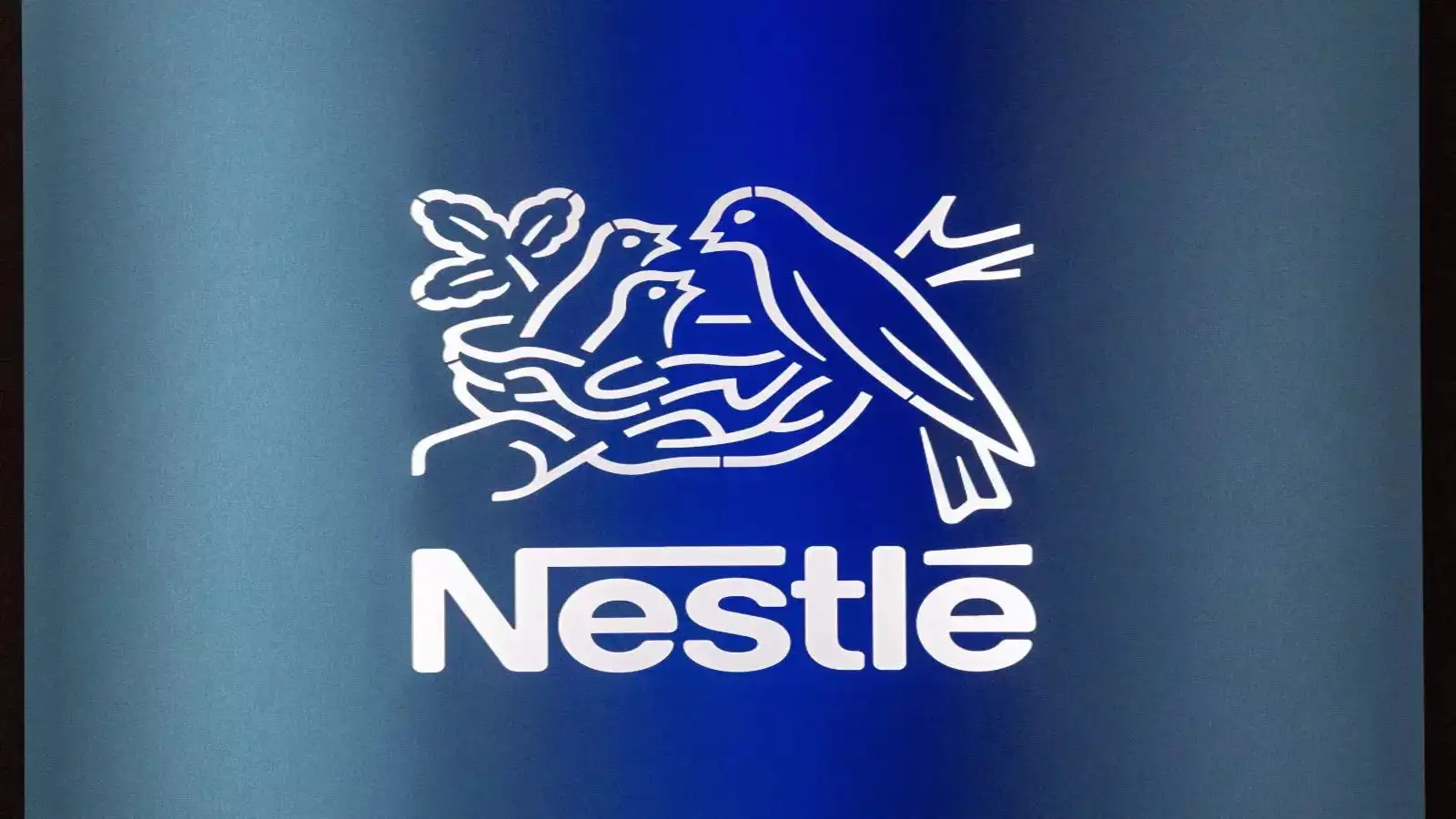In the dynamic world of investing, pricing strategies can significantly influence a company’s market valuation. This is especially true in the FMCG space, where brands must carefully balance affordability with profitability. A classic example of this dynamic is reflected in the Nestle India Share Price, which has shown resilience and growth thanks, in part, to the company’s smart pricing approach. Unlike cyclical stocks like Suzlon Share Price, which react more to macroeconomic and energy policy shifts, Nestle’s stock performance is closely linked to its internal business strategies—pricing being one of the most critical.
Why Pricing Strategy Matters in FMCG
In a sector where competition is fierce and brand loyalty is essential, pricing can make or break market share. Nestle India’s strength lies in its ability to implement a tiered pricing model—offering products at multiple price points to cater to different income groups while maintaining quality. This flexible pricing has helped the brand grow across urban and rural markets alike, even during inflationary pressures.
Premium Pricing and Brand Positioning
Nestle India has long maintained a premium positioning for many of its flagship products like Nescafé, KitKat, and Maggi. Despite charging slightly higher prices than competitors, the brand continues to enjoy strong consumer trust. This is a result of consistent quality and targeted marketing, which allows Nestle to justify premium pricing without losing customers.
Investors recognize this as a sign of strong brand equity and pricing power, both of which contribute positively to future earnings expectations and, by extension, the share price.
Managing Inflation and Input Costs
FMCG companies are particularly sensitive to changes in raw material costs. In periods of high inflation, companies with poor pricing strategies can see their margins shrink. Nestle India, however, adopts a balanced approach—passing some of the increased costs to consumers while absorbing a part of it to retain customer loyalty. This calculated maneuvering helps preserve profit margins, which is often rewarded by the market.
Strategic Discounts and Promotional Offers
While Nestle doesn’t often compete on price alone, it occasionally offers time-bound discounts or combo packs. These tactics help boost short-term sales without significantly altering the product’s long-term perceived value. This kind of revenue stability is something investors closely monitor, and a steady earnings report typically reinforces bullish sentiment on the stock.
Competitive Benchmarking
Nestle’s pricing is also influenced by competitor behavior. However, instead of undercutting prices aggressively, the company focuses on value creation—offering added benefits like health claims or fortified ingredients. This strategy reduces the risk of price wars, ensuring healthier margins and better long-term returns, thereby supporting stock performance.
Conclusion
The Nestle India Share Price serves as a clear reflection of the company’s pricing discipline and market strategy. Unlike the Suzlon Share Price, which reacts to energy sector volatility, Nestle’s valuation hinges on its brand strength, customer loyalty, and well-calibrated pricing. For long-term investors, this makes Nestle an attractive, stable pick in a defensive sector that rewards smart strategy over short-term gains.


